More than £14,000 has been pledged for a Moray youth worker to receive potentially lifesaving bone cancer treatment.
Outgoing and kind-hearted Beth Oxley has already undergone intense chemotherapy after a tumour was detected in her leg after a fall last October.
Surgeons removed the 38-year-old’s lower femur and replaced her knee in an operation that has left her with a scar that runs almost the entire length of her leg.
However, despite already undergoing months of treatment, she has been given the devastating news the chemotherapy has been less than 5% effective.
Now her loved ones are pinning their hopes on an alternative treatment in Germany to try and both her life and leg.
‘Always helping others’
Beth, who lives near Cullen, is loved by her friends and family for her adventurous and out-going spirit.
She has devoted her career to helping others as a youth worker for Elgin Youth Cafe, with Action for Children in Buckie and at children’s charity Aberlour.
Colleagues are now supporting her health battle by running fundraising efforts in her name.
Partner Mike Emeny, who describes Beth as his “soulmate”, says her “bouncy” nature has made her popular with staff and children alike.
He said: “Beth doesn’t drink, never has done, she doesn’t smoke. She always sees the best in people and lives for the next adventure, whether that’s paddle boarding or being out in the woods.
“She’s always the first person to help someone when they need it.
“We’d just undergone a complete lifestyle change, everything seemed to be going right, and then this happens.”
Fall at work leads to bone cancer diagnosis
Beth and Mike have known each other from a young age through family friends and became a couple later.
The youth worker has suffered from joint problems for about the last seven years.
After reporting a swollen knee, which was diagnosed as a Baker’s cyst, she was given pain killers and advised to try different diets.
However, it was when she fell walking through the door while working for Action for Children in Buckie in October last year that things became more alarming.
After getting an initial check, Beth was taken for an X-ray before a radiologist was asked to take a look at the results.
Mr Emeny said: “They told us it looked like bone cancer. It completely floored us, we just weren’t expecting it.”
Months of scans and hospital treatments for youth worker
Beth was immediately taken for an MRI scan at Woodend Hospital in Aberdeen before further assessments at Dr Gray’s Hospital in Elgin.
She was later diagnosed with osteosarcoma bone cancer, a rare form of the disease more commonly associated with teenagers.
A complex operation followed to remove the tumour and a five-inch portion of the femur bone in her left leg, which has left her with a huge scar.
Mike said: “At this point the odds were with us. Beth continued with cycles three and four of the chemotherapy, when we had the horrible news from pathology that it has been less than 5% effective.
“Beth chose to continue with the treatment with the attitude of 5% is better than 0%.”
Beth has continued to receive treatment at Aberdeen Royal Infirmary this week after picking up an infection from the new metal work in her leg.
Mike added: “She spent quite a time in recovery but is now up on the ward again. She will probably have a bit of a stay in hospital and it’s a bit of a set back with getting mobile but it’s well worth it if it saves her leg.
“She really is overwhelmed by the amount of people who want to support ‘little ol’ me.’”
Pinning hopes on German bone cancer treatment
The type of cancer Beth has been diagnosed with means it is likely to return in the future.
Mike said: “It’s more likely that it will come back. When it gets into the blood it can get taken round the body and end up in the lungs.
“They’ve taken out all of the tumour that they can visibly see, but they can never take the risk of it returning right down to zero.”
After exhausting their treatment options in the UK, the couple have now pinned their hopes on dendritic cell therapy in Germany.
The treatment helps the immune system recognise and attack abnormal cells, including cancer. Scientists grow dendritic cells alongside cancer cells in a lab then stimulate the immune system to attack them.
However, it comes with a £35,000 price tag as well as the costs for travel and accommodation to get there.
Mr Emeny said: “It’s our only option. We’ve just had another blow with the infection, she had to be taken by ambulance to Aberdeen while on very strong antibiotics.
“She’s my soulmate. It’s a lot of money, but I have to do everything I can for her.”
Donations can be made online to support Beth Oxley’s cancer treatment HERE.
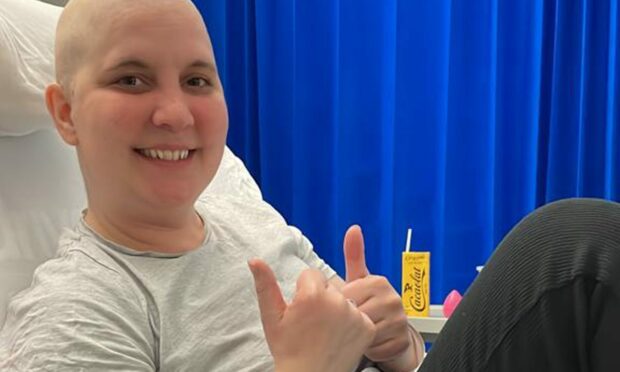
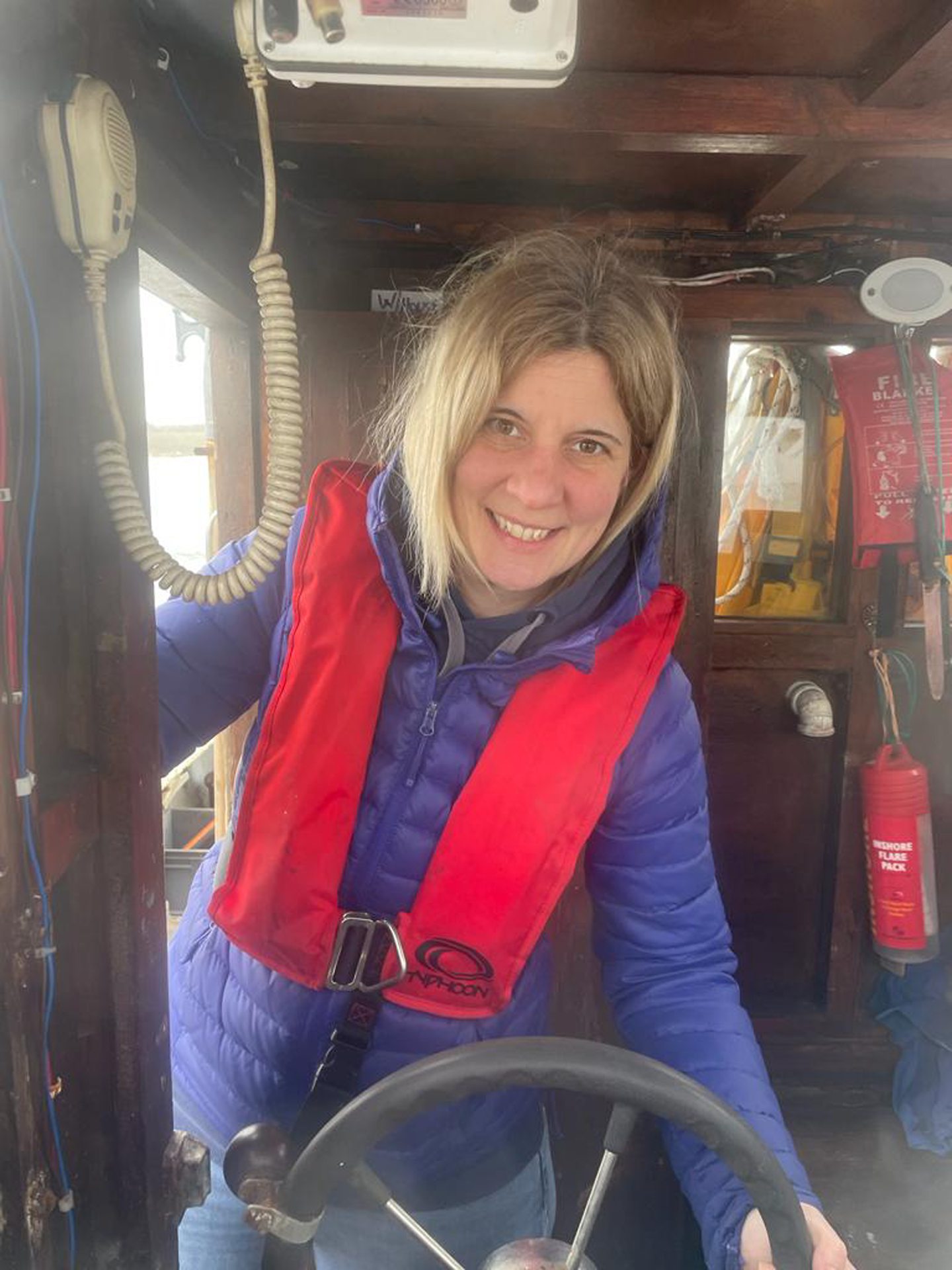
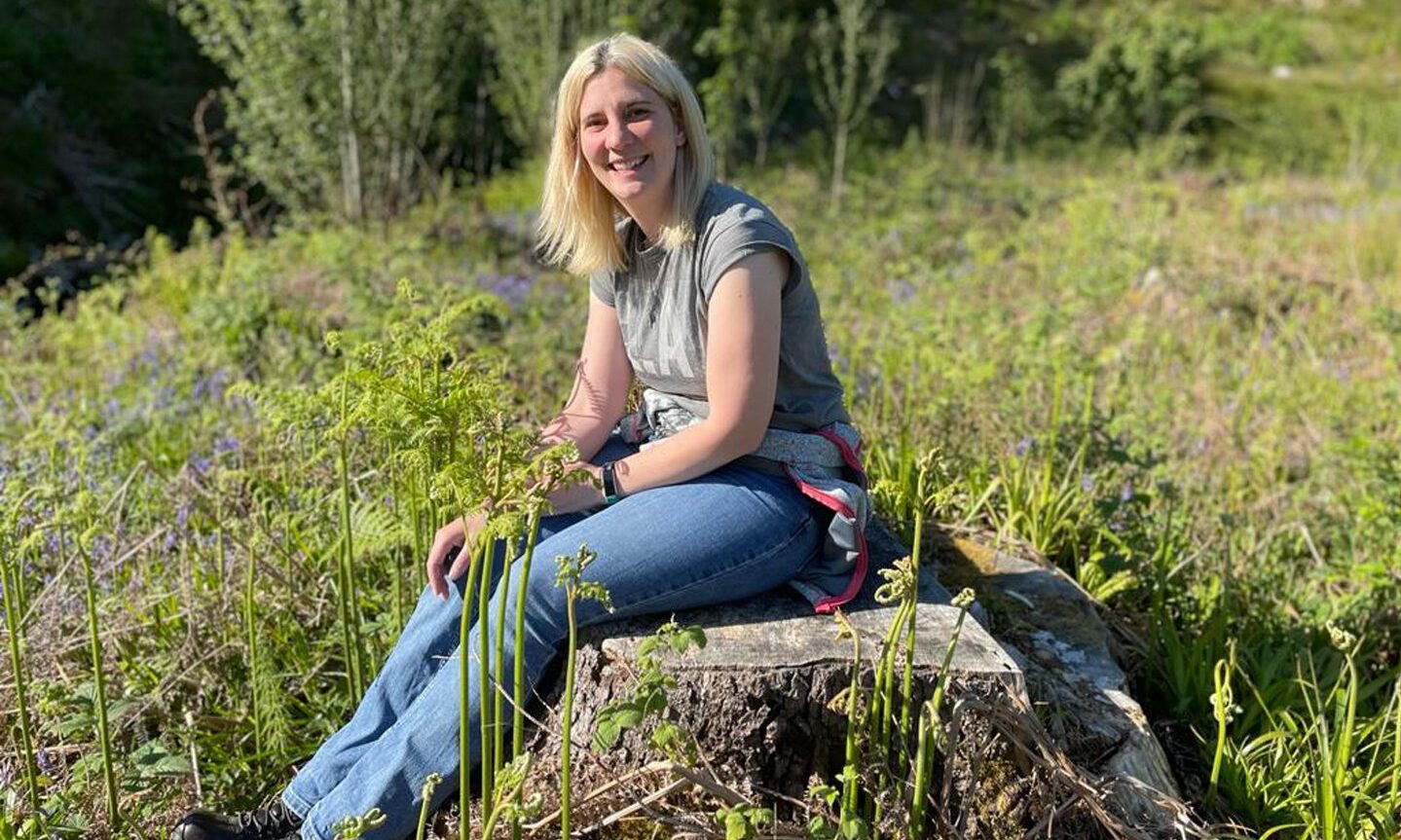
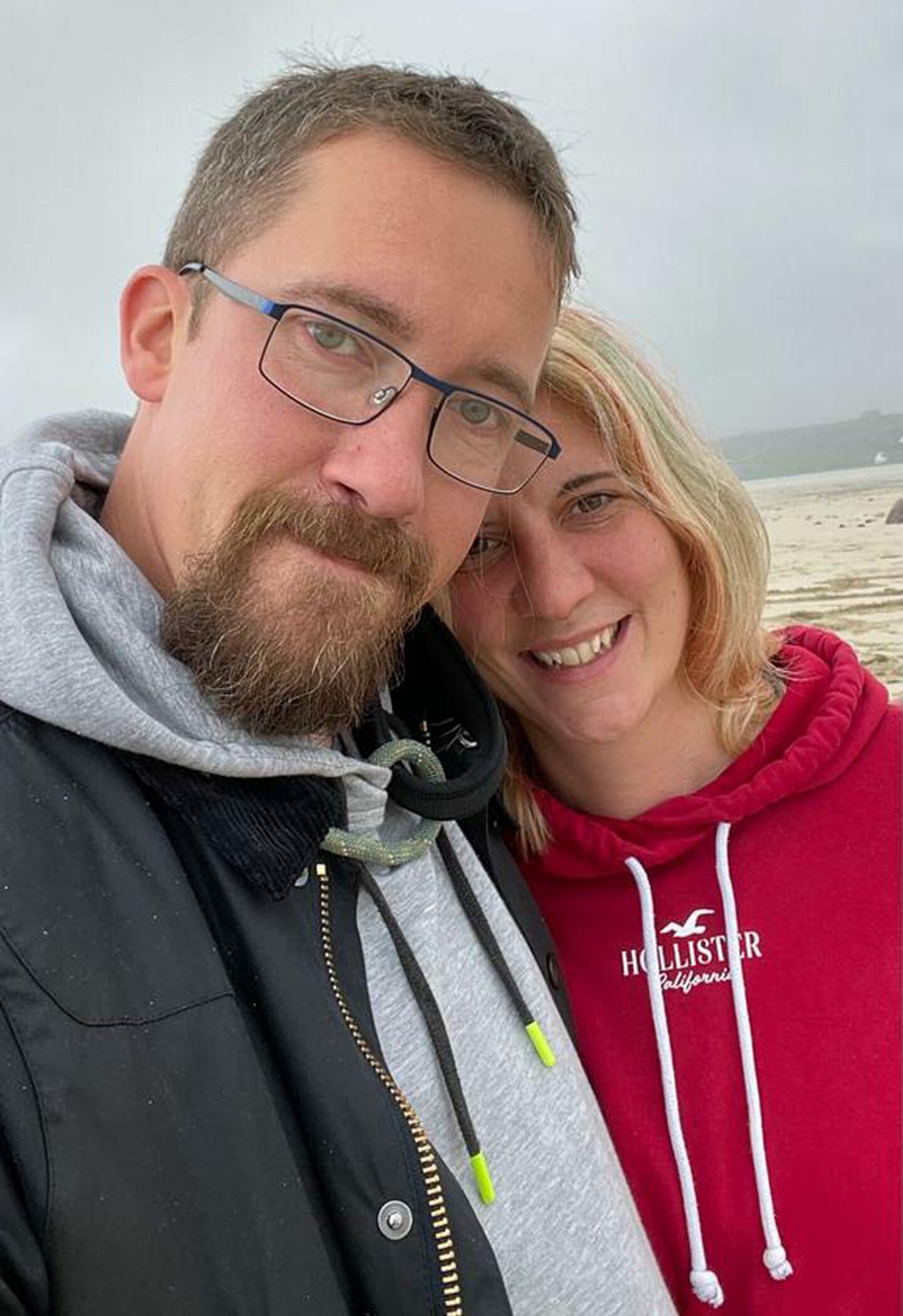
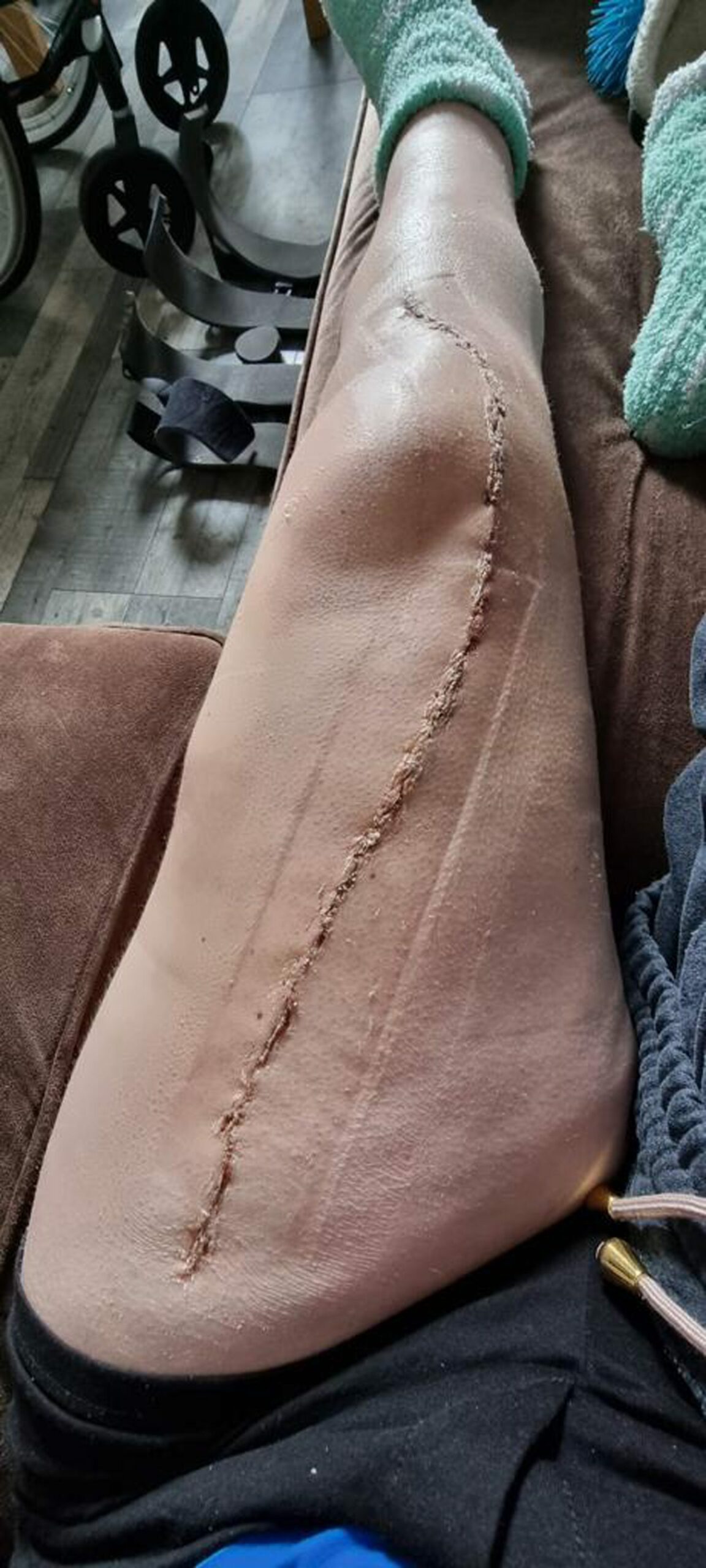
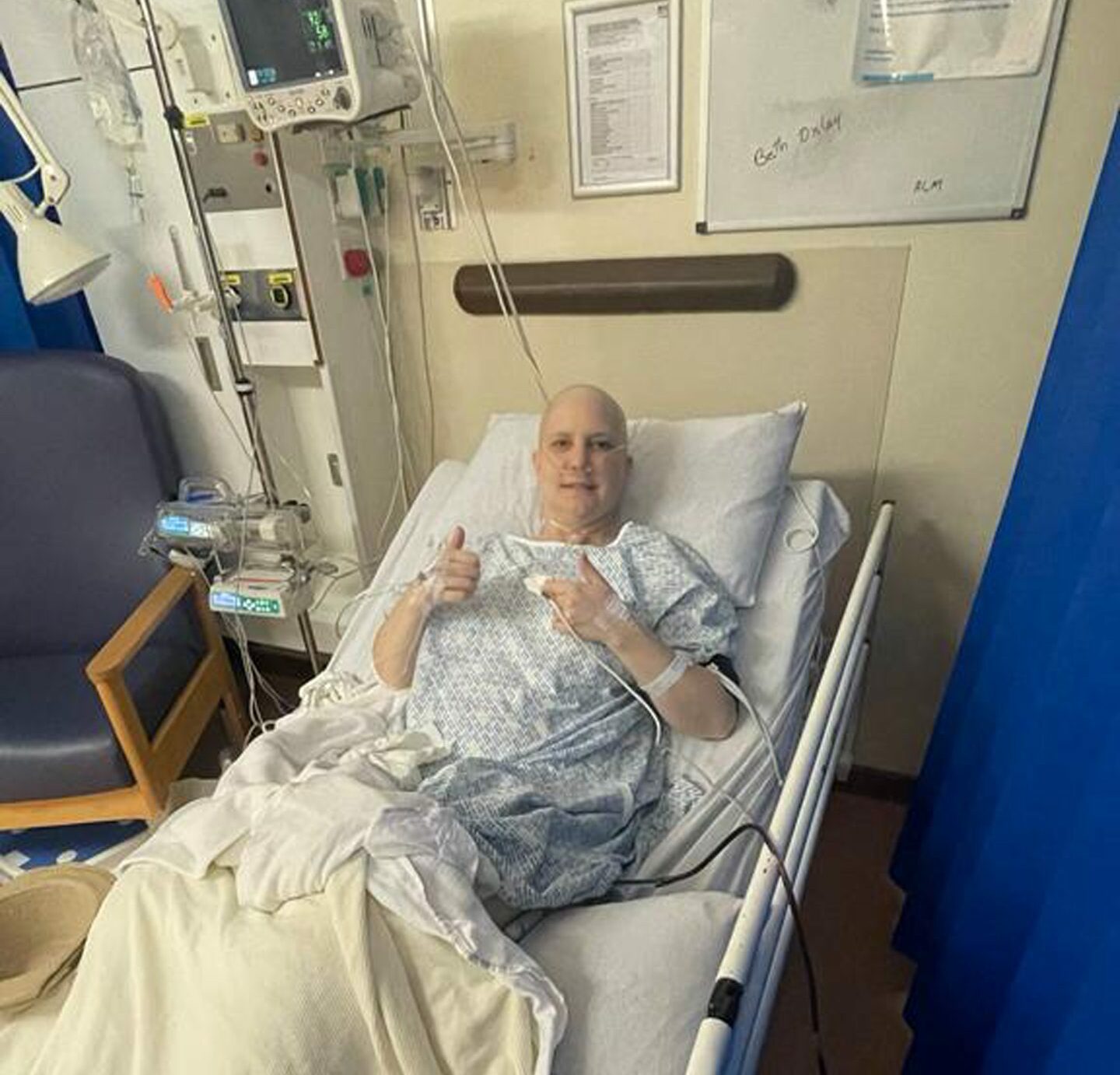

Conversation